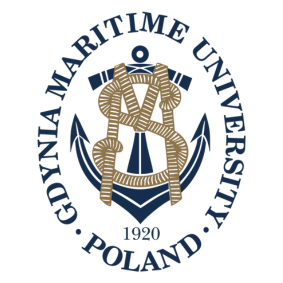State Subsidy Funded Research
Research carried out at Gdynia Maritime University funded by the subsidies granted to the University’s faculties and the Maritime Institute by the state includes, as per the University’s Statutes, activity connected with scientific research and development work initiated or conducted by the University. The tasks to be covered by the subsidies and the associated expenses are determined by the individual scientific units, which consider both available subsidies and other sources of income as means to finance their scientific activity.
State subsidy funding for research activity also covers tasks necessary in the development of scientific fields of study and areas of research, the training and development of science personnel, and other activities such as the popularisation of science and initiatives connected with the commercialisation of scientific research, and development work.
From the funds allocated to the faculties and the GMU Maritime Institute for research, University and collaborative research projects are carried out within the following scientific disciplines:
- Civil engineering, geodesy, and transport
- Mechanical engineering
- Automation, electronics, electrical engineering, and space technologies
- Information and communication technology
- Earth and related environmental sciences
- Nutrition and food technology
- Management and quality sciences, including health sciences and economics and finance.
At the Faculty of Navigation, research is conducted on the development of e-navigation, the improvement of shipping and ship safety, operational and ecological safety in water transport, hydrographic survey of reservoirs, and transport network security.
At the Faculty of Marine Engineering research is conducted in areas such as the effect of construction materials on the operational effectiveness of vessels, diagnosis of the construction and parts of marine equipment, the operation of ship machinery and equipment, including energy and the environment, and the modelling of physical fields within marine environments.
Examples of research work carried out within the Faculty of Electrical Engineering, include topics such as modern automatic ship steering systems, electric power quality analysis - marine applications, modelling and analysis of electronic systems, measurement of thermal phenomena in energy conversion systems, and optimal signal processing methods in telecommunications systems.
At the Faculty of Management and Quality Science, research topics include materials, commodities and processes in the context of environmental protection, transport and logistics systems management models, business organisation management, the sustainable development of coastal areas, data analysis tools and methods, and optimisation methods.
At the Maritime Institute, research is carried out on benthic habitats in the Baltic Sea and wreckages as a source of environmental sea pollution.

